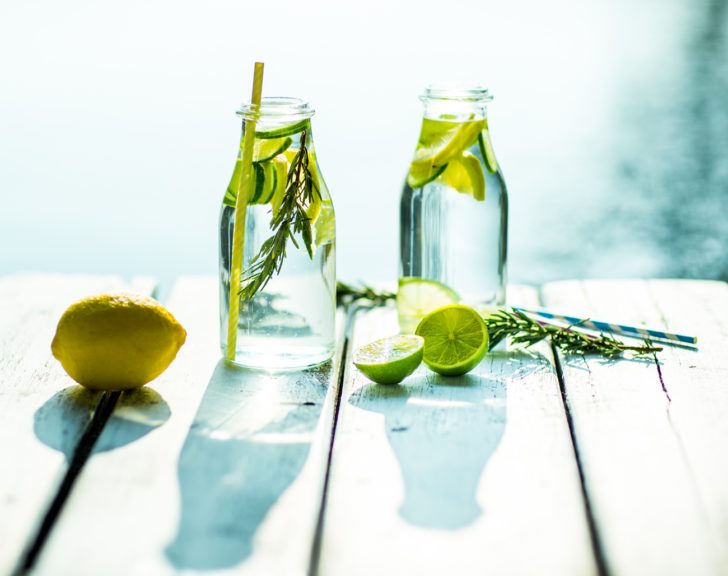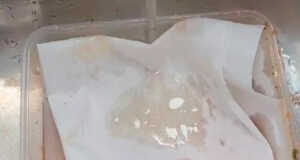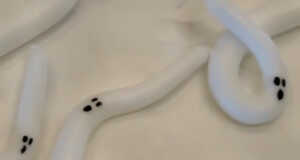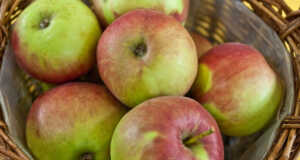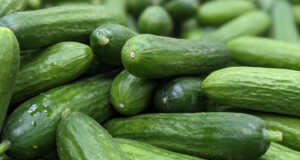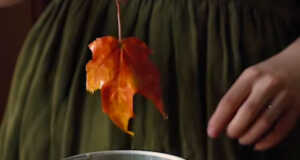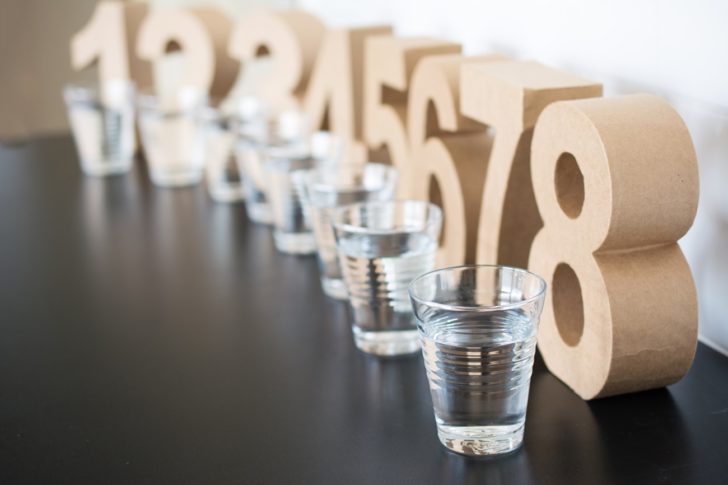
Are you drinking your 8 glasses of water a day? That’s the question doctors and nutritionists used to ask when assessing fluid intake, everywhere from exam rooms to the gym. If you aren’t drinking 8 glasses of water per day, you won’t be hydrated. We all drank that advice like it was Kool-Aid. Guess what? It turns out the 8 glasses of water per day adage was a health mantra that is a little too vague. The Institute of Medicine gave us more specific guidelines in 2004 and explained that our optimal fluid intake is more individualized and complex than the 8 glasses per day recommendation. How active we are, whether we are male or female and where we live all play a role in daily fluid needs.
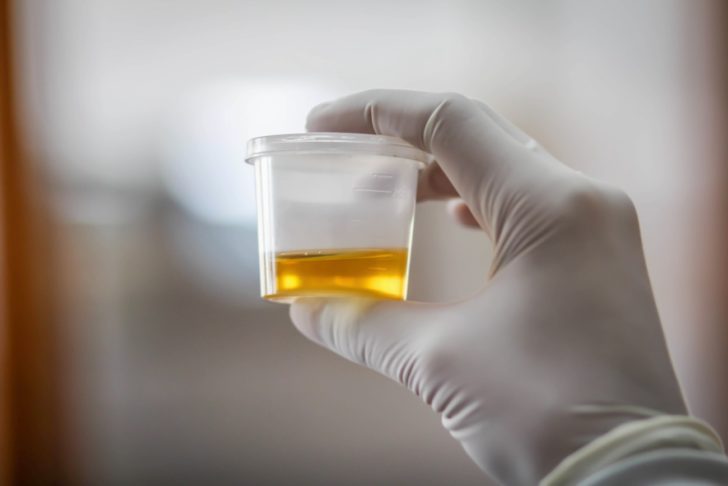
Notice I said “fluid” and not “water”? That’s the other difference – water-containing fluids all count. Water contained in foods – these are mostly fruits and vegetables – also counts.
So if it isn’t just water that keeps us hydrated, how do we track our fluids to be sure we are getting enough? Good news: we don’t have to feel bogged down with trying to track fluid from food and drinks because most people consume enough fluid by using thirst as their guide (don’t wait until you are thirsty, drink enough so that you don’t get thirsty).
Avoiding dehydration is important for health and optimal daily functioning. So drink to prevent thirst and look out for these symptoms of dehydration. If you notice any of these, it’s time to assess your fluid intake and step up your fluid game:
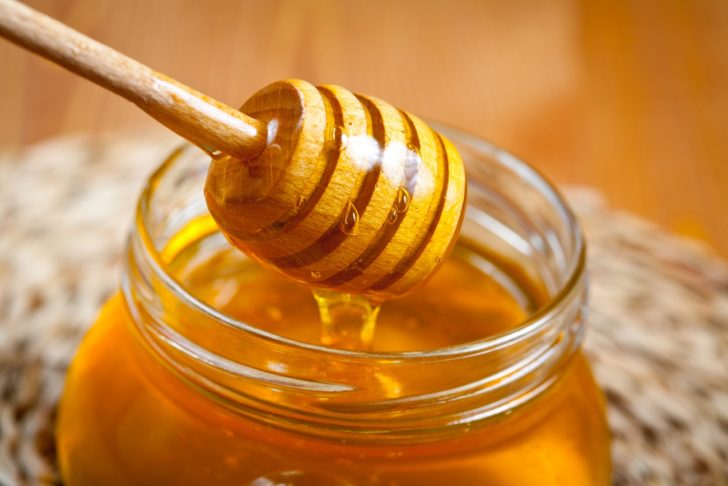
Honey pee.
Our bodies are made up of 60% water. This body water is essential for many functions, including digestion, organ function, and circulation. It makes sense that without enough fluid intake, we regulate the amount that gets released into the toilet. Clear pee is a sign that our body is adequately hydrated. The amber or honey tint is a sign you aren’t getting enough. Clear or light yellow is a good sign.
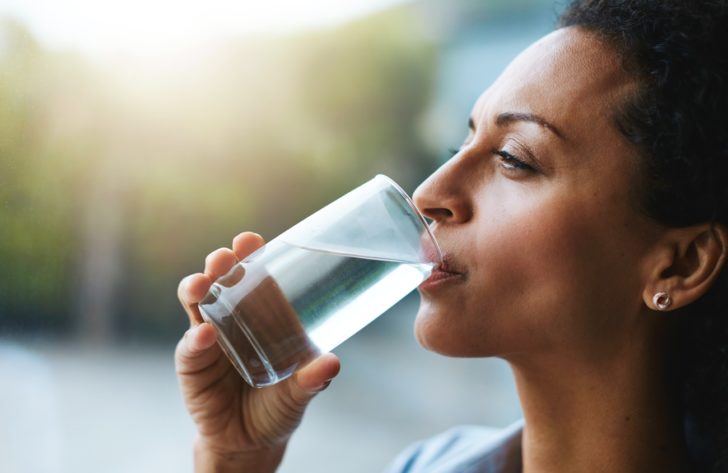
You’re thirsty.
Feeling parched isn’t our gauge for when to drink more, it’s our body’s alert signal that we’ve gone a little too long without fluids. Your brain tells your body it’s low on fluids with thirst, so if you’re finding yourself regularly experiencing thirst, it’s time to be more diligent about keeping that water bottle handy at home, in the car, and at your desk at work.
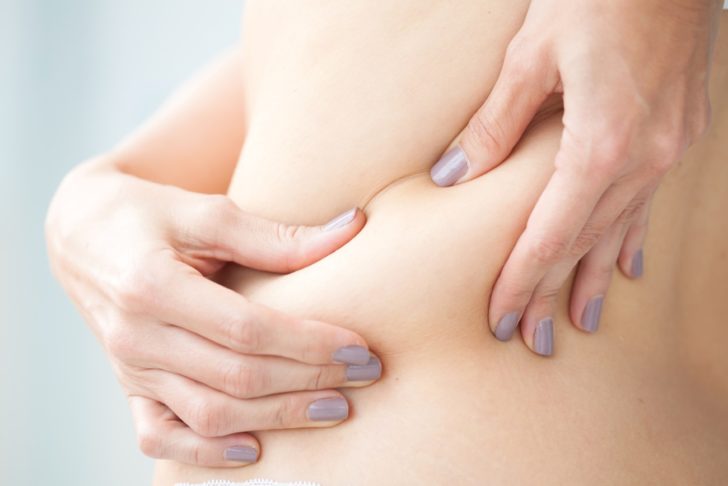
Feeling puffy.
This one confuses people because they imagine that when we are dehydrated, we would be more likely to shrivel – like fruit does when it’s dehydrated – than puff up. But when our body senses there isn’t enough fluid coming in, the brain tells the body to reabsorb rather than excrete its usual amount of water. It’s really a brilliant mechanism that’s in place, but let’s not let it get to that point.
Feeling dumb.
Inadequate fluids can easily affect our ability to concentrate. So next time you notice yourself struggling to retrieve a brain file, ask yourself how you are doing with fluids.
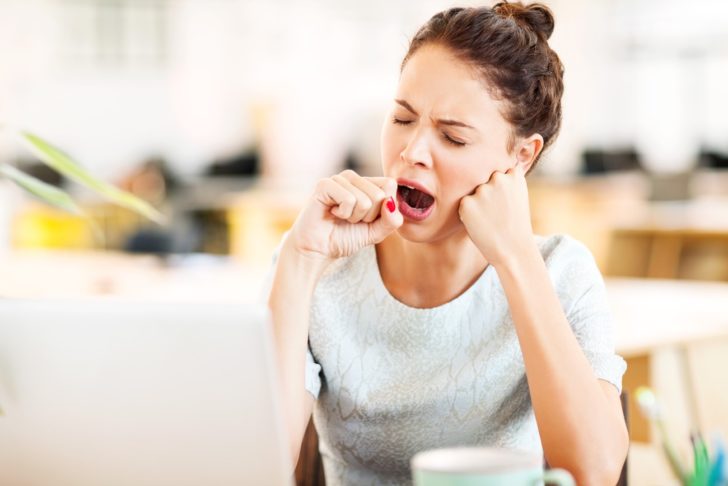
Feeling sluggish.
With most of our body processes requiring a fluid environment, our energy level can take a big hit when we are not adequately hydrated. Dehydration can also result in electrolyte losses (via urine, sweat, diarrhea, vomiting), and electrolytes are crucial for bodily reactions especially in muscles. If you are well-rested are still feeling lethargic, then it’s time to ask yourself if you are drinking (and eating) enough.
Dry skin.
Makes sense, right? Skin is the largest organ, and organs need water. Dry skin can be a sign that your skin is lacking water.
Headaches.
Dehydration affects blood volume and a lower blood volume means a lower amount of oxygen-rich blood getting to the brain. What happens next? Pain.
Hard poops.
Fluids help the digestive tract function smoothly and prevent constipation. When we aren’t drinking enough, our colon pulls fluid from our stool in an effort to keep any water it can onboard. The result is constipation. Other habits that affect your bowel movements include eating fiber (whole grains, beans, fruits, vegetables) and regular exercise. If your fiber intake and exercise habits are looking good, but you find yourself with infrequent and/or hard poops, it’s time to take a look at your fluids.
Staying hydrated can be an easy way to optimize the way we feel – mentally and physically – each day. So be sure to look out for these red flags and continue to refill the water bottle you keep in your car and on your desk at work!
